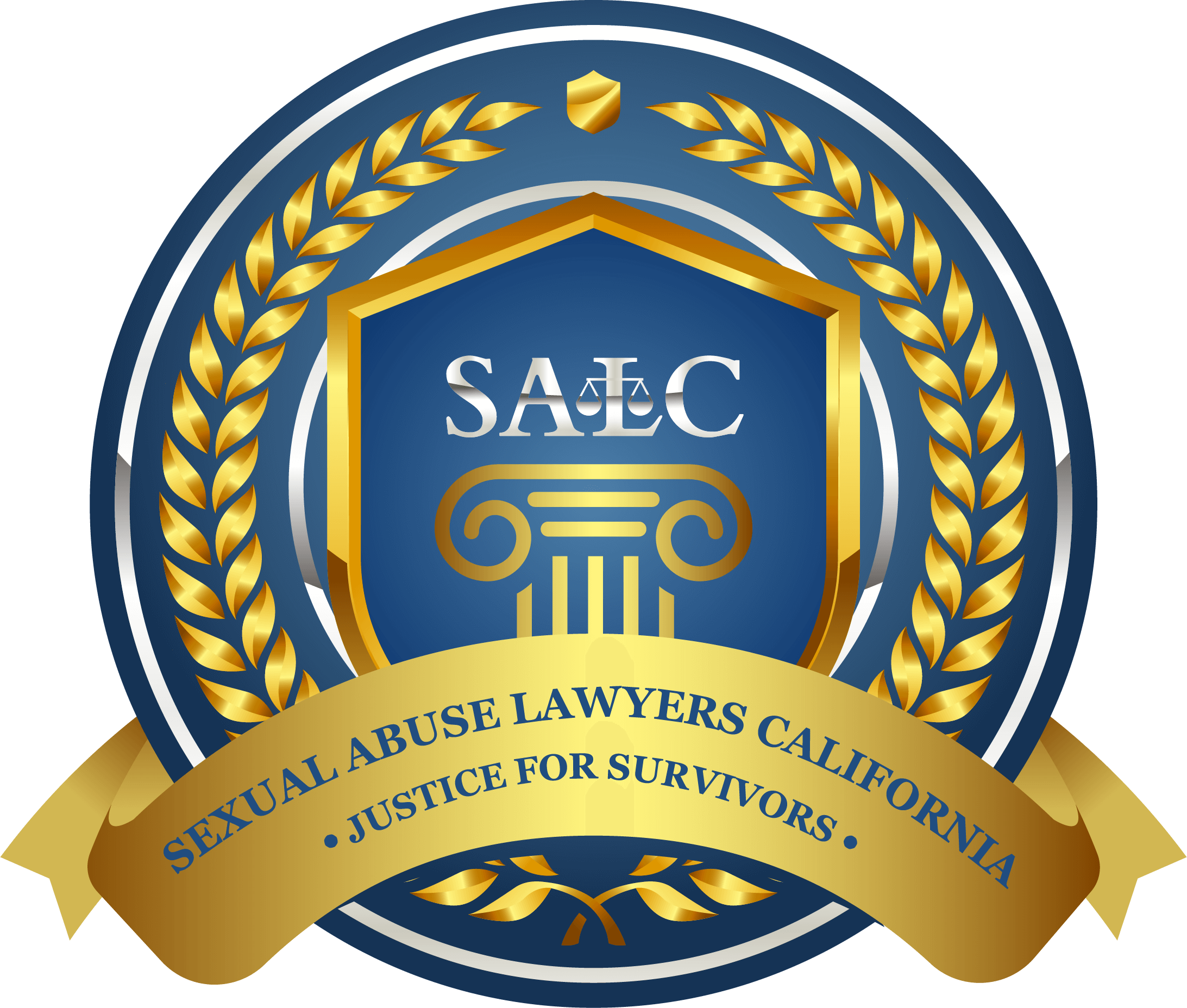Clearly stating the problem
Sexual abuse at youth camps is a disturbing problem that, regrettably, impacts a lot of young people every year. The frequency of teenage sexual abuse at camps serves as a sobering reminder of how urgently this issue has to be addressed in order to protect the wellbeing of campers who are particularly vulnerable.
In order to effectively address youth camp sexual abuse, it is critical to know victims’ rights and remedies. Victims may encounter difficult obstacles, such as psychological distress and apprehension about reprisals, which may discourage them from coming forward. Nonetheless, victims are more empowered to pursue justice and closure when they are aware of their legal rights and potential remedies.
We explore the legal rights and remedies available to victims of sexual assault in youth camps in this article, providing insight into the paths they can take to seek justice, closure, and accountability. We hope that providing victims and their allies with this vital information will help create a more secure and encouraging atmosphere for individuals impacted by this extremely concerning problem.
Legal Defenses
Knowing the legal safeguards available to victims of youth camp sexual assault is crucial for pursuing justice and keeping offenders accountable. Experts from a California sexual abuse law firm are knowledgeable about the legal protections that are in place to assist victims in finding solace and healing.
A crucial component of these safeguards consists of federal and state legislation that are especially intended to handle situations of abuse at juvenile camps. Guidelines for reporting and handling child abuse, including sexual assault, in youth camp settings are provided by federal legislation such the Child Abuse Prevention and Treatment Act (CAPTA). This statute establishes guidelines for investigations and requires camp employees and administrators to report any suspicions of abuse.
Californians who work with children, including camp staff, have obligations to report abuse under state legislation such as the California Child Abuse and Neglect Reporting Act (CANRA). If these laws are broken, the offending party may face both criminal and civil penalties.
Knowing about these legal safeguards discourages possible abusers as well as aids victims in pursuing their rights. Our California sexual abuse law office is dedicated to helping victims by guiding them through the complicated legal system and making sure their rights are respected at every stage of the proceedings. Our mission is to give victims the tools they need to pursue justice, come to terms with their experiences, and help stop youth camp sexual abuse in the future.

Taking Up Civil Cases
It is possible for victims of sexual abuse at a youth camp to file a legal lawsuit against the people who violated them. Through the legal system, survivors can demand justice and make the guilty parties answerable for their deeds.
Typically, the first step in filing a civil action is speaking with an experienced lawyer, ideally one who has handled cases involving sexual assault at youth camps. After evaluating the case’s merits and compiling proof, the lawyer will bring legal action against the alleged offender. The victim’s lawyer will put forth a lot of effort during this procedure to provide a compelling case and defend the rights of the survivor.
One of the possible consequences of civil action is that the victim may receive monetary compensation. This money might be used to pay for therapy fees, medical bills, pain and suffering, and other losses brought on by the abuse. A successful civil lawsuit can also provide survivors a sense of closure and validation, assisting them in their healing process.
Criminal Allegations and the Inquiry
One of the most important steps in obtaining justice for victims of juvenile camp sexual assault is reporting the abuse to law enforcement. To begin the process of filing criminal charges, victims should get in touch with their local police department or another suitable law enforcement organization.
Law enforcement will look into the claims and gather evidence after a report is filed. The offender may be taken into custody and faced with charges if there is enough proof to prove the case. This may result in a criminal trial, where the offender can be found guilty and subject to jail time and probation.
Since they make offenders criminally liable for their deeds, criminal charges and prosecution are crucial to the pursuit of justice. This guarantees that abusers are held responsible for the harm they have inflicted in addition to acting as a deterrence to potential abusers. For victims to successfully traverse the complexity of the criminal justice system, they should seek legal representation and cooperate completely with police enforcement.

Confidentiality and Reporting
Confidentiality is of paramount importance when victims of youth camp sexual abuse decide to report their experiences. It is crucial for survivors to feel safe and secure throughout the reporting process, knowing that their personal information will be protected.
Victims have several options when reporting abuse. They can choose to report to law enforcement, camp authorities, or a trusted adult. In some cases, reporting anonymously through a hotline or online platform may also be an option. The choice of whom to confide in is deeply personal, and victims should select the option that they are most comfortable with. Legal counsel from a sports league sexual abuse lawyer can help victims navigate these decisions while protecting their rights and privacy.
Statute of Limitations
Understanding the statute of limitations in youth camp abuse cases is crucial. This legal concept establishes a time frame within which a victim must file a civil lawsuit or criminal charges against the perpetrator. Failure to file within this window may result in the case being dismissed.
Exceptions or extensions to these limitations can exist, such as delayed discovery or if the victim was a minor at the time of the abuse. Consulting with a civil lawsuit sexual abuse attorney is essential to determine if any exceptions apply in a specific case. It’s vital for victims to be aware of these legal nuances to ensure their rights are preserved.
Seeking Support
Seeking emotional and legal support is instrumental in helping victims of youth camp sexual abuse heal and seek justice. Survivors should never underestimate the importance of a strong support network. This network can include friends, family, therapists, and support organizations dedicated to assisting victims of abuse.
Resources and organizations specializing in youth camp sexual abuse cases, along with experienced sports league sexual abuse lawyers, can provide invaluable guidance, counseling, and legal assistance. These support systems empower survivors to navigate the legal complexities while focusing on their recovery and well-being. Remember, you are not alone, and there are people and resources available to help you on your journey to justice and healing.
Impact on Victims
Youth camp sexual abuse can have profound emotional and psychological effects on victims. Survivors often experience feelings of shame, guilt, anxiety, and depression. They may struggle with trust issues, affecting their relationships and overall well-being. Counseling and therapy play a crucial role in helping victims cope with these traumatic experiences. Professional support can guide survivors towards healing and recovery, providing tools to rebuild their lives.

Building a Strong Case
To build a strong case against perpetrators, victims should gather evidence and identify witnesses who can corroborate their claims. Legal experts, such as sexual abuse in educational settings attorneys, are essential allies in this process. They possess the knowledge and experience to navigate complex legal procedures and ensure that victims’ rights are upheld throughout the legal proceedings.
Navigating the Legal Process
Navigating the legal process can be challenging for victims, but it’s a crucial step toward justice. This process involves reporting the abuse, initiating investigations, and potentially pursuing legal action against the camp or institution responsible. Selecting an experienced attorney specializing in sexual abuse in educational settings cases is essential. Working closely with your attorney, victims can effectively navigate the legal complexities while seeking justice.
The Role of Advocacy
Advocacy groups and activists play a vital role in supporting victims of youth camp sexual abuse. They raise awareness, push for policy changes, and provide resources and assistance to survivors. Public awareness campaigns help shed light on the issue, reducing stigma, and encouraging more victims to come forward, ultimately contributing to the prevention of future abuse.
Conclusion
In conclusion, understanding your legal rights and remedies as a victim of youth camp sexual abuse is paramount. Seeking justice, healing, and support are essential steps on the path to recovery. Remember that you are not alone, and there are resources and advocates ready to stand by your side. By raising awareness and holding perpetrators accountable, we can work towards a safer future for all.










